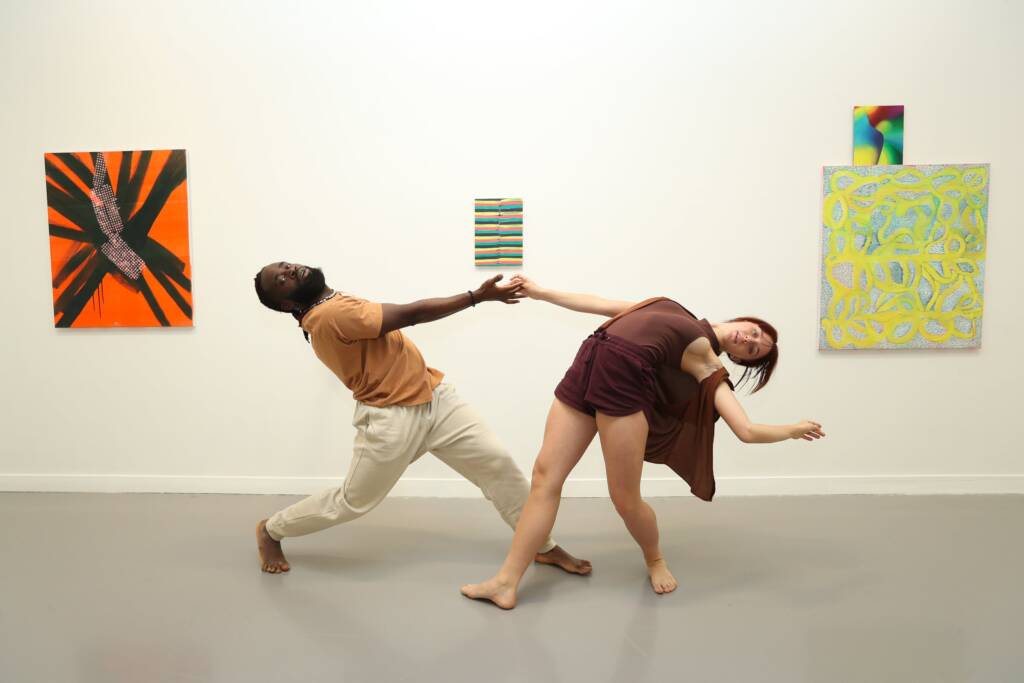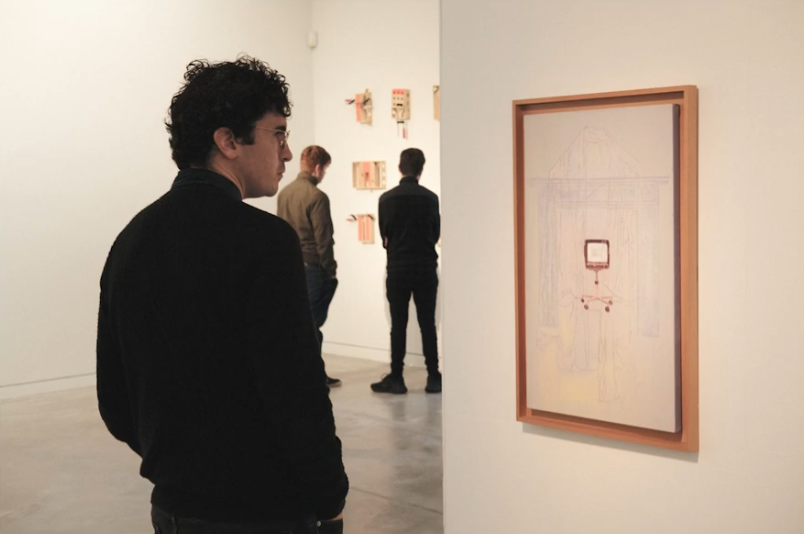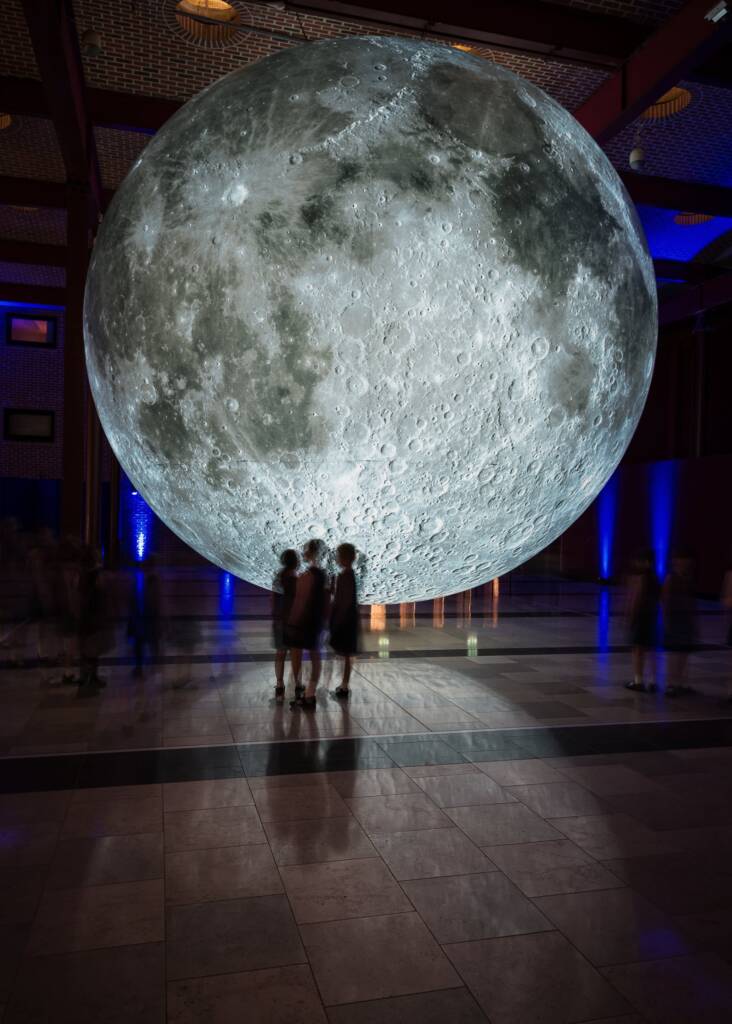How we assess your application
We assesses all eligible applications that we receive. Our aim is to make sure that the system for awarding funding is fair and transparent.
How we make funding decisions
Funding schemes are highly competitive. The decision-making process runs as follows:
- Eligibility. We check your application for eligibility. Ineligible applicants are notified by email.
- Assessment. Every eligible application is assessed by our arts advisers and/or our staff on how well it meets the funding criteria.
- Secondary assessment. If you selected additional artforms or arts practices as relevant to your application, the primary team may ask for a secondary assessment from another team.
- Score. Based on the criteria for the funding scheme, either a peer panel scores the application and makes a decision, or our staff score the application and make a recommendation.
- Decision. The Arts Council board either notes the peer panel decision, or reviews and makes a decision based on staff recommendation.
- Notification. We inform you of the decision.
- Feedback. Feedback can be useful for future applications. For a copy of your assessment, contact the relevant team.

Who are arts advisers and peer panelists?
Arts advisers provide additional expertise and strategic advice across the areas we support.
They assess and shortlist funding applications within their area of expertise. They may also provide secondary assessments on applications involving more than one artform.
Peer panelists review and score shortlisted applications and allocate funding based on a scheme’s criteria and budget. Panelists represent a diverse range of relevant expert views.
Panels usually consist of a minimum of three external panelists sourced from the peer panel longlist. This longlist was developed through a nominations process in 2018, with further nominations in 2021 and 2022.

Declaration of interest
The Arts Council has a Conflict of Interest (CoI) Policy to make sure that the assessment process is not unfairly influenced. To ensure fairness and equity in decision-making, staff members and advisers must declare a conflict of interest where:
- They have a close personal or professional link with the applicant
- They are linked in any way with the application.
An “interest” can be either “pecuniary” or “non-pecuniary.
- Pecuniary: where a person may stand to gain financially from a decision
- Non-pecuniary: familial relationships or partnerships, personal friendships, or formal or informal business partnerships, etc.
The staff member or adviser must declare their interest as soon as they become aware of it.
The Arts Council will ensure the staff member or adviser is not involved in any aspect of the decision-making process relating to this application.

What happens next?
After we assess your application, we will email you to let you know if your application has been successful or not.
